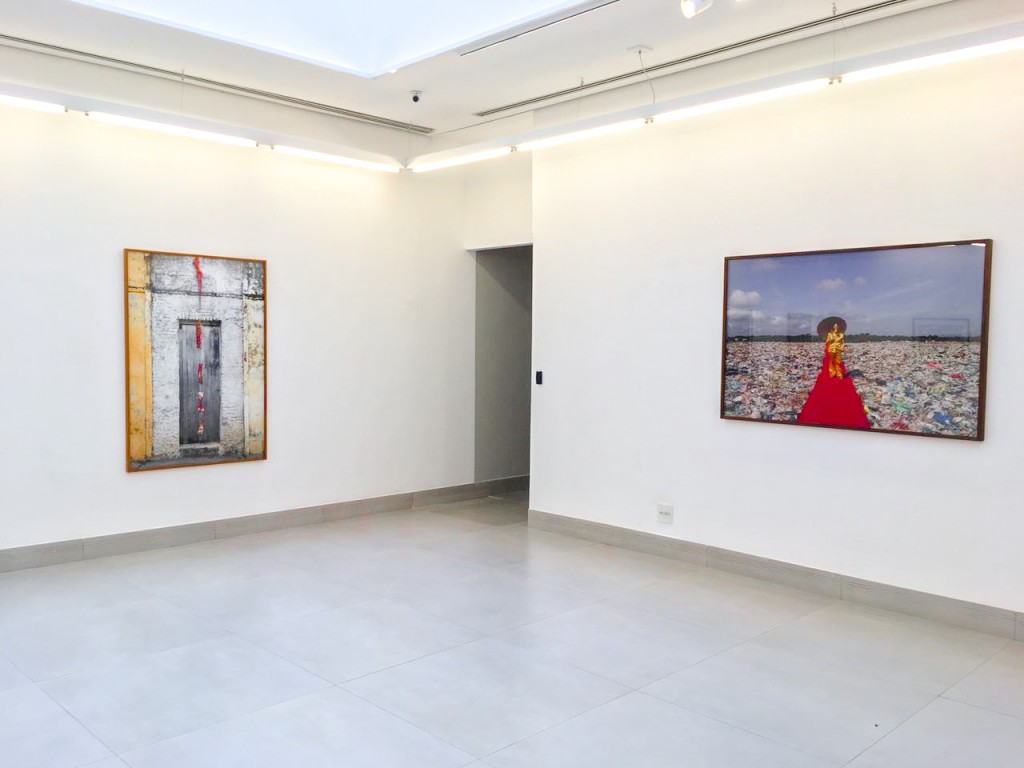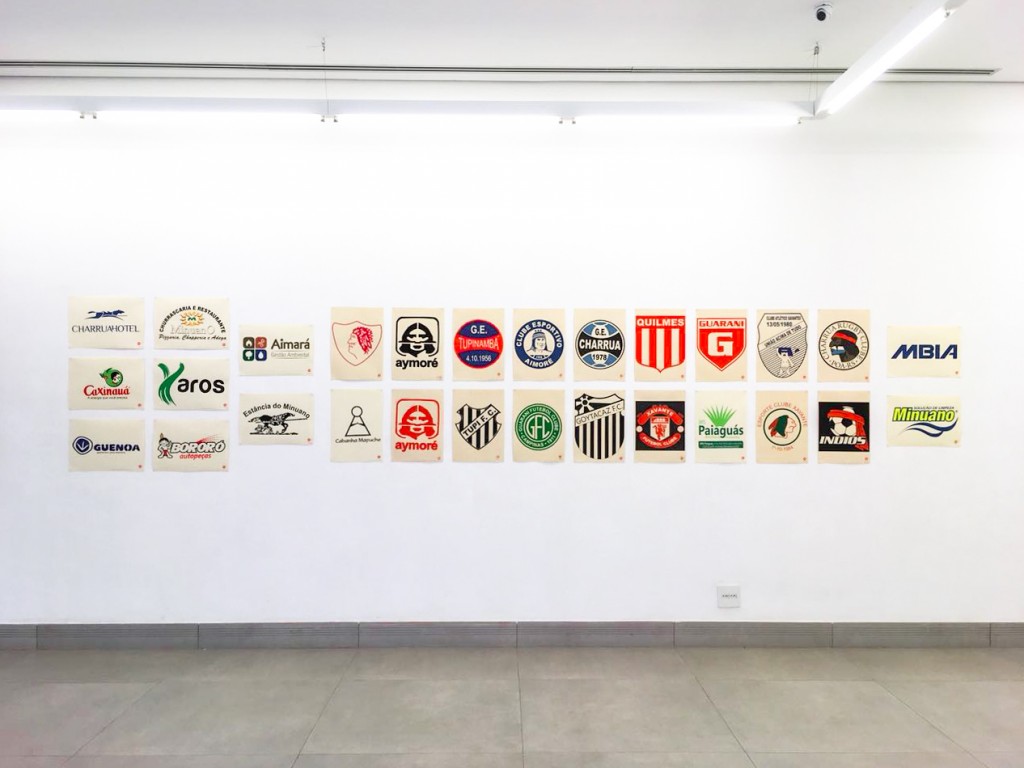“After the end, before the beginning – PIPA Institute Collection”, group show featuring Berna Reale, Cadu, Luciana Magno, Paulo Nimer Pjota, Paulo Nazareth and Rodrigo Braga
Curated by Luiz Camillo Osorio
Location: Villa Aymoré – Rio de Janeiro, Brazil
Date: March 9th until June 9th, 2018
PIPA Institute opens its collection to the public for the first time in “After the end, before the beginning”, which starts this Friday, March 9th, at Villa Aymoré. Featuring works by seven artists, the exhibition delves into the theme of displacement – which, as Luiz Camillo Osorio explains in the introductory text to the show, is no longer solely applicable to geography, but to time and the body as well:
– Nomadism, migrations, gender fluidity, genetic mutations, the obsolescence of things and people, and identity affirmations and questionings became the rule, that is, intentional or forced displacements – writes the Curator of the PIPA Institute. – The artists we present here in this first exhibition express all that in their own way.
The artists in question are Berna Reale, Cadu, Luciana Magno, Paulo Nimer Pjota, Paulo Nazareth and Rodrigo Braga, who showcase works in video, photography, printmaking and installation. All of them are former PIPA Prize participants: while Berna Reale and Rodrigo Braga became finalists in 2013 and 2012, respectively, Cadu and Paulo Nazareth have already won the main award and Luciana Magno and Paulo Nimer Pjota were winners in the PIPA Online category.
Such connections are not coincidental. The idea behind it is that both the Institute and the Prize walk hand-in-hand, the Institute commissioning and acquiring works from artists who have run for the award throughout the years. After all, both initiatives have the same goal: to promote and stimulate Brazilian contemporary art. As Luiz Camillo Osorio sums it up:
– Art insists on opening possibilities, facing the ruins and seeking to think/jump beyond the abyss that lies before us. This is what we bet on when we formed this collection and encouraged contemporary production through both PIPA Institute and PIPA Prize.


